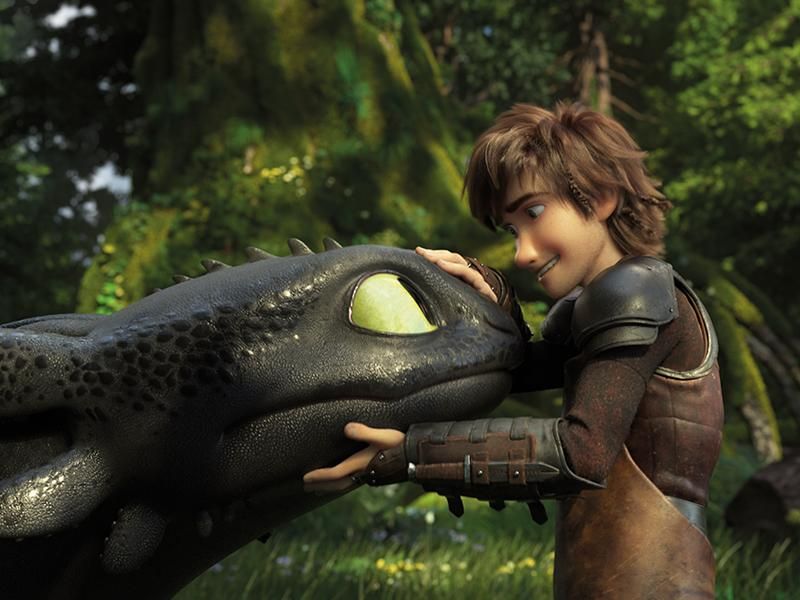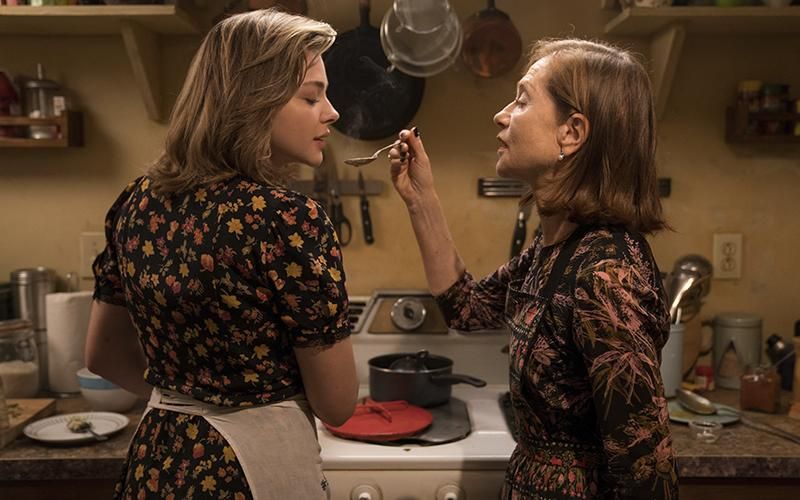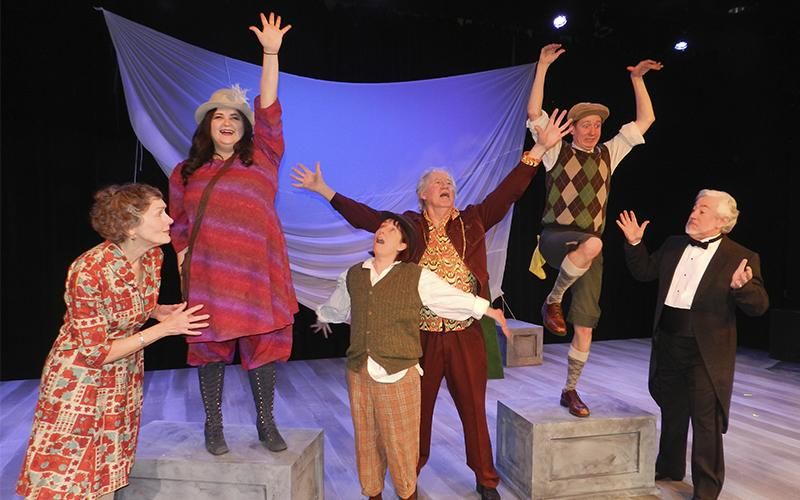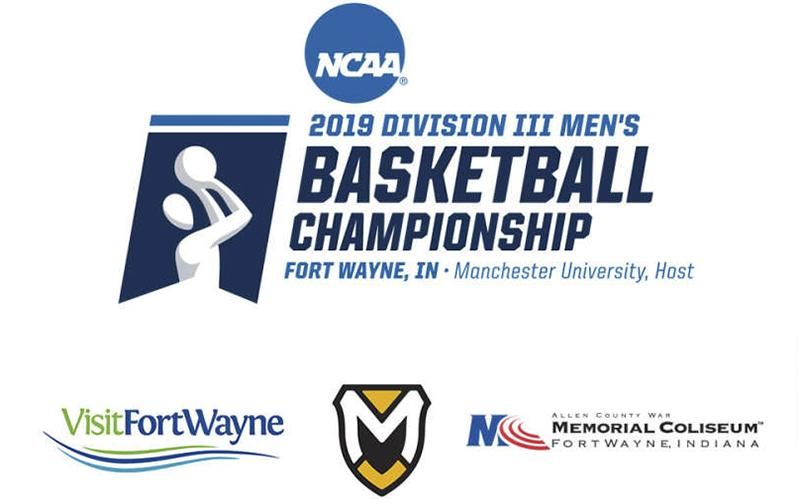Whitey Morgan might say something about his music “evolving” on his latest album, Hard Times and White Lines, but you get the sense it’s because that’s what people expect him to say more than it is an essential quality of the album.
Instead, the project is a version of the stuff that’s been working for Morgan for years, not something totally new.
“It’s not like my vision happened overnight,” Morgan said. “I’ve been chipping away at it forever. It’s slowly evolving and it’s going in a little bit different direction. It’s not so straightforward anymore. This record definitely has a wider path, it’s broader, but it still sounds like a Whitey Morgan record.”
Slow Evolution
Maybe Morgan doesn’t need dramatic evolution because he chose correctly when he decided what he wanted to be, musically, more than 20 years ago.
Born Eric Allen in Flint, Mich., and spending his teen years playing in punk bands, he was a kid who wouldn’t seem destined to be a modern-day Outlaw Country troubadour.
But something clicked when he listened to his Kentucky-and-Tennessee-born grandparents’ old records. Despite living way up north, he set off on a path that had been beaten by Southern outlaws long before.
“I would sit on the edge of my bed and play Hank Williams songs and Merle Haggard songs, and listen to these records. It was the most enjoyment I ever got out of music,” he said.
Whitey Morgan and the Waycross Georgia Farmboys were formed in 2005 and quickly gathered a following in the honky-tonk circles of Detroit and beyond. The band put together a self-produced EP and then a debut album (2008’s Honky Tonks and Cheap Motels under the new name Whitey Morgan and the 78s) on Small Stone Records. On these first projects, the band showed a remarkable ability to craft convincingly authentic honky-tonk music, and also to pull off feats like wrangling a cover of Van Halen’s “Runnin’ with the Devil” into a form that would have fit perfectly on a Waylon Jennings record.
Can’t fake Authenticity
It likely wasn’t hard for Morgan to sound authentic because he actually is authentic. In addition to his gritty baritone drawl and a beard that would have left Waylon in awe, Morgan has a disdain for the commercial side of Nashville and a fierce independent streak that’s kept him on the outlaw side of the tracks. He’s been willing to turn down record deals that don’t feel right to him, and after some time with Bloodshot Records, he and the band went back to producing and releasing their own projects.
But even if he lives and works like an outlaw, Morgan isn’t fond of the label. Outlaw Country had its place in the ’70s, he thinks, when Waylon and Willie and the boys were fighting against the currents of mainstream country.
Now, when musicians like Morgan and Chris Stapleton look back at that era, they’re more traditionalists than rebels. And when it comes to evolution, it’s the audience that’s evolved more than the artists. Crowds that 10 years ago had never heard of Merle Haggard are now ready to come out for Haggard-esque honky tonk.
Easing off the outlaw life
On the personal side of things, however, Morgan has definitely worn an outlaw’s boots. He’s lived the life, drinking too much and going through a divorce, experiences that have given him the inspiration to write songs like “Honky Tonk Hell” and “Bourbon and the Blues.” Unfortunately, that’s not a sustainable lifestyle, and Morgan is happy to have put at least some of it aside, getting remarried and having a child and settling down in California.
“I’ve been drinking a little bit less, and I got my kid at home now,” he said. “I’ve been enjoying playing music so much more the last couple years than I did probably five years before that. I was having a little too much fun. There were a lot of nights where I didn’t want to be up there. It was because I was living too hard. I was pushing it to the limit too often.
“Now that I’ve backed it off, I’m enjoying it so much more. I’m singing better now than I was then, too.”
One thing that hasn’t changed, though, is Morgan’s dedication to being out on the road. The March 17 show at The Clyde is right in the middle of a tour that will take Whitey and the band through more than two dozen stops between Mississippi and Montana, North Carolina and Nevada.
It’s far from easy, but it’s the way he wants it.
“The reward of touring so much is seeing people singing songs that I wrote, songs that mean something to me and the boys, and then it means something to them,” Morgan said. “You can’t compare that feeling to anything else.”
 Submit Your Event
Submit Your Event




